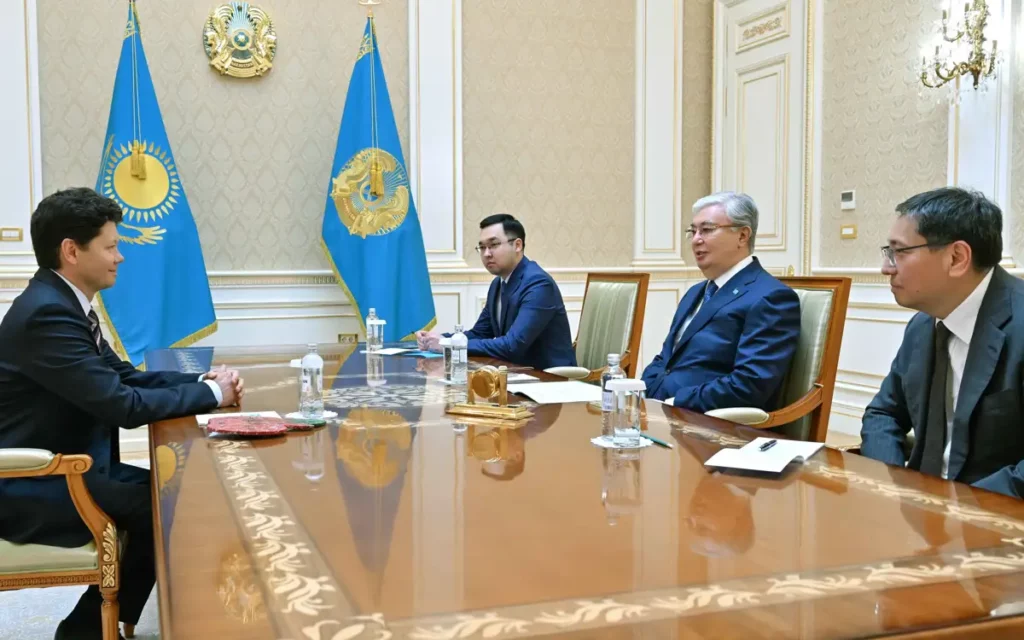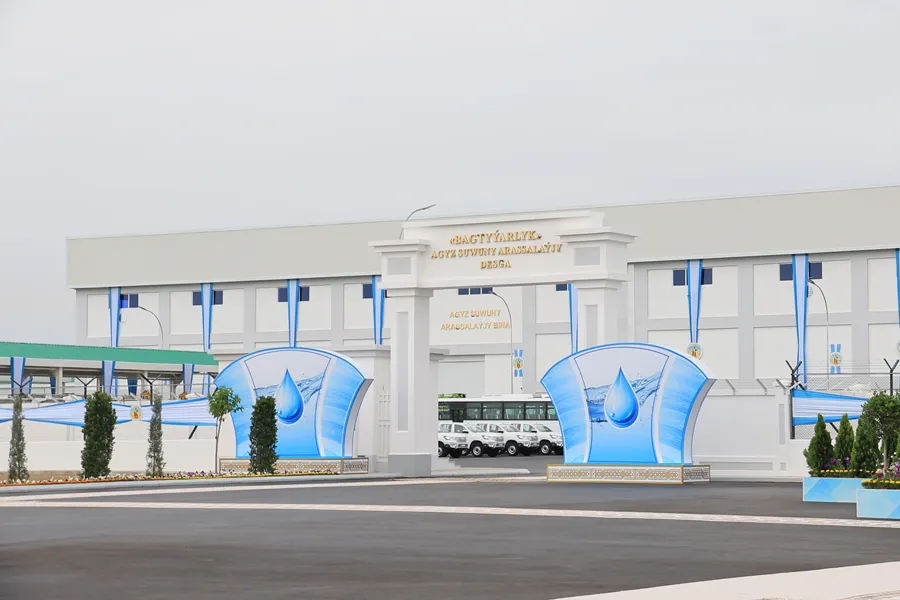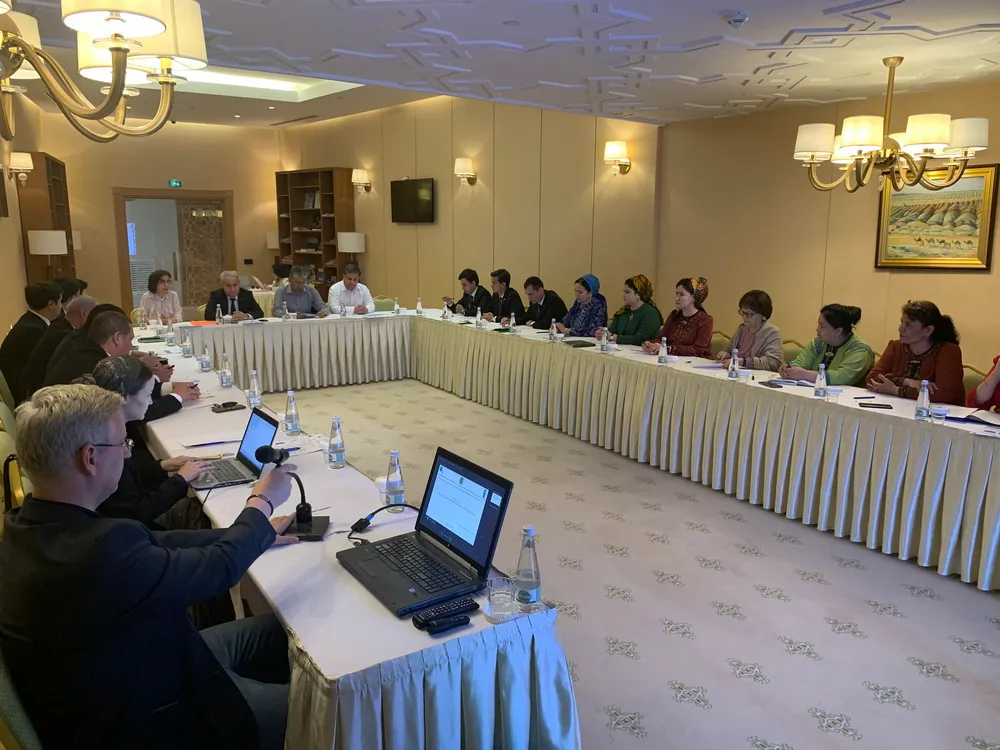On May 1, a seminar was held on the project “Technical assistance for the sound management of hazardous chemicals”, organized by the Food and Agriculture Organization of the United Nations (FAO) jointly with the Ministry of Ecology, Environmental Protection and Climate Change of the Republic of Uzbekistan with financial support from the European Union.
The event was attended by the Minister of Ecology, Environmental Protection and Climate Change Aziz Abdukhakimov, the head of the technical cooperation department of the European Union Delegation in Uzbekistan Vim Riepma, the Deputy FAO Representative in Uzbekistan Sherzod Umarov, representatives of ministries and departments, international organizations, NGOs, national and international experts .
During the seminar, the goals and objectives of the project were presented. Participants were introduced to the scope, concept and expected results of the project.
“For the first time in Uzbekistan, a project aimed at rational handling of hazardous chemicals is being implemented. Within the framework of this project, the implementation of relevant legislative principles in Uzbekistan and, in general, the correct use of hazardous chemicals in the future is aimed,” said Minister of Ecology Aziz Abdukhakimov. “ It is known that previously very dangerous pesticides were used when growing cotton in our country. There were more than 450 small airfields in which huge amounts of hazardous substances accumulated. Additionally, some businesses also contain chemicals. The project pays great attention to the introduction of technologies for the extraction of these harmful substances from water and soil and their processing,” the minister added.
The 6th UN Environment Assembly (UNEA-6) adopted the 11th resolution calling on Member States to take effective measures to phase out highly hazardous pesticides from circulation in agriculture and promote the transition to these alternatives and ensure their availability.
In order to improve agroecological practices and their integration, the decrees of the President of the Republic of Uzbekistan adopted:
- Concept of environmental protection until 2030;
- Agriculture Development Strategy until 2030;
- The concept for the development of production of organic agricultural and organic food products and the “road map” for its implementation.
It is worth noting that in recent years, conservation has been carried out in the country at 8 objects in which stocks of obsolete or prohibited pesticides and containers for toxic chemicals were buried, conservation began at 2 more objects and reconstruction was carried out at one object.
“Our partnership with the Government of Uzbekistan and FAO is an example of a collective commitment to protecting the environment and public health by cleaning up obsolete waste, improving waste management and reducing the production of pesticide waste. Together we do more than just manage chemical waste. Integrated pest management and awareness of health and environmental risks are the key to a healthier, greener and economically viable agricultural sector,” said Wim Riepma.
The implementation of the joint project will improve the efficiency of mechanisms and tools for managing harmful chemicals and related waste, as well as reducing the use of hazardous pesticides in agriculture, including the introduction and promotion of alternative methods that involve replacing pesticides and reducing their use. Particular attention will be paid to raising awareness among agricultural workers about the need to reduce the use of highly hazardous pesticides. At the same time, the project will make it possible to understand the scale of existing problems associated with the use of harmful chemicals in agriculture, including the volume of outdated pesticides that lead to soil pollution.
“This project will allow us to develop a National Waste Management Strategy, create a better database on hazardous waste in agriculture and allow the creation of hazardous waste processing facilities. In addition, the project will help expand the promotion of sustainable methods in agriculture, which will reduce the risks from the use of pesticides for farmers and consumers. Much attention will be paid to raising awareness among institutions and the general public about the risks associated with the use of hazardous chemicals in agriculture,” noted Sherzod Umarov.
Following the seminar, the speakers reviewed the work plan and agreed on the conditions for its further implementation.
https://yuz.uz/ru/news/v-uzbekistane-zapustili-proekt-po-obespecheniyu-ratsionalnogo-upravleniya-opasnmi-ximikatami




